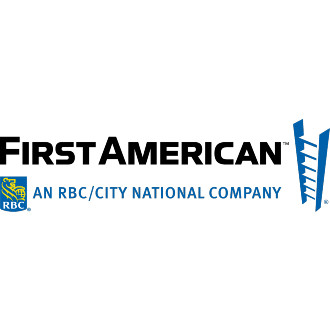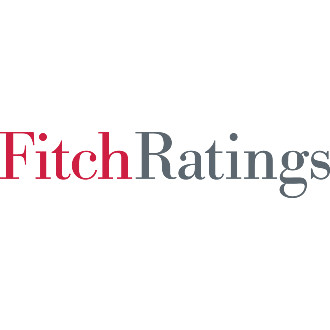Expect the Unexpected: Scenario Planning in Uncertain TimesErin Ortiz - Janney, Montgomery, Scott LLC Higher education business officers are on the front lines of making complex financial decisions amid constrained resources, rising expectations, and rapidly shifting institutional priorities. Recent threats to research funding, changes to the athletics enterprise, and repercussions of myriad federal policies have added tremendous volatility to even the most thorough scenario analysis and multi-year planning processes. Assumptions and priorities that drove past decisions may no longer apply! This session offers practical strategies to help navigate the increasing need for budget fluidity while protecting long-term institutional health. The University of Pittsburgh and Duquesne University will share how their respective institutions are responding to the various challenges, as well as insights from a rating agency analyst and financial advisor. While every institution faces distinct pressures, universal challenges are prioritizing an ever-growing list of ideas relative to available resources and preparing for the unexpected. Resource allocation decisions, if not made carefully, can create greater challenges in the future, necessitating scenario planning and stress-testing. Should potential budget reductions be part of the annual budget process? How much detail is needed – for potential actions and amounts? How can public universities prepare for potential state funding constraints and shifting political priorities? Given demands for new facilities as well as deferred maintenance, which capital plans are realistic right now? How do we prioritize research projects if funding is cut? How do we manage projects that we can’t afford to support? We have a large endowment, but we still need to be cautious! How do we balance short-term and long-term needs? And how do we justify resource allocations or reductions? Establishing a consistent and transparent process for evaluating priorities and identifying options for reductions if needed is essential. An established framework, especially with clear actions steps, helps ensure fairness, manage expectations, and prevent tensions among departments, schools, and other campus constituents. Learning Objectives
CPE Available
|



